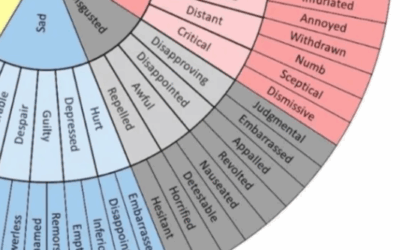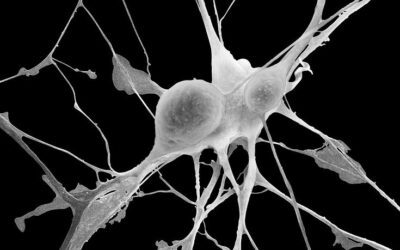How to Know When an Alcohol User Needs Professional Help

Alcohol abuse and addiction are serious mental health concerns that can have devastating consequences for individuals, families, and communities. Recognizing the signs of alcohol abuse and seeking timely help are crucial steps in the path to recovery. This article explores the warning signs of alcohol abuse and provides guidance on how to seek support for yourself or a loved one struggling with addiction.
Signs of Alcohol Abuse and Addiction
Increased tolerance:
Needing to drink more to achieve the same effects
Withdrawal symptoms:
Experiencing physical or emotional discomfort when not drinking
Loss of control:
Inability to limit or stop drinking despite negative consequences
Neglecting responsibilities:
Missing work, school, or family obligations due to drinking
Isolation and secrecy:
Withdrawing from friends and family or hiding drinking habits
Continued use despite problems:
Persisting in drinking despite physical, emotional, or social consequences
Cravings:
Strong urges or desires to drink alcohol
Risky behaviors:
Engaging in dangerous activities while under the influence, such as driving or unsafe sex
Seeking Help for Alcohol Addiction
Acknowledge the problem:
The first step in seeking help is recognizing that a problem exists and that change is needed.
Reach out for support:
Confide in a trusted friend, family member, or healthcare professional about your concerns and desire for help.
Explore treatment options:
Treatment for alcohol addiction may include detoxification, inpatient or outpatient rehabilitation, therapy, and support groups such as Alcoholics Anonymous (AA).
Address co-occurring disorders:
Alcohol addiction often co-occurs with other mental health conditions such as depression or anxiety, which may require specialized treatment.
Develop a relapse prevention plan:
Working with a therapist or addiction specialist to identify triggers, develop coping strategies, and establish a support network can help to prevent relapse and maintain long-term recovery.
It’s important to recognize that seeking help for alcohol addiction is a sign of strength, not weakness. Addiction is a complex and chronic condition that requires professional support and ongoing management. While the path to recovery may be challenging, it is possible to overcome alcohol addiction and build a fulfilling life in sobriety.
Critics of traditional addiction treatment approaches argue that they may not address the underlying social, emotional, or environmental factors that contribute to alcohol abuse. Some advocates for harm reduction strategies emphasize the importance of meeting individuals where they are and providing non-judgmental support and resources to minimize the negative consequences of alcohol use.
Regardless of the specific approach, seeking help for alcohol abuse and addiction is a crucial step towards improved mental health and overall well-being. By recognizing the signs, reaching out for support, and committing to the process of recovery, individuals struggling with alcohol addiction can reclaim their lives and build a brighter future.


























0 Comments